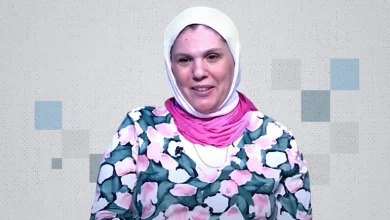Attention and listening disorders in children are not standalone conditions but often accompany other issues like dyslexia, dysgraphia, and oppositional defiant disorder. Understanding and treating these conditions is essential for improving a child’s academic performance and overall quality of life. Here are some effective strategies:
Types of Attention and Listening Disorders:
- Attention Deficit Disorder: Characterized by severe inattention and lack of focus.
- Hyperactivity Disorder: Involves excessive activity and impulsiveness.
- Combined Attention Deficit and Hyperactivity Disorder: A mix of inattention and hyperactivity.
Causes of Poor Concentration:
- Anxiety: Stemming from family-related issues or fears like separation anxiety or fear of embarrassment.
- Obsessive-Compulsive Disorder: Significantly impacts concentration, often emerging in primary school.
- Emotional Trauma: Exposure to violence or disturbing experiences can lead to feelings of insecurity and concentration difficulties.
Treatment Methods:
- Behavioral Therapy: Helps organize a child’s lifestyle in several ways, including maintaining a consistent routine and organizing their daily-use tools.
- Encouraging Positive Attitudes: Supports overcoming difficulties, maintaining high focus, and showing constant love and affection.
- Concentration-Enhancing Games: Games like memory and puzzles can significantly boost concentration levels.
- Reducing Screen Time: Long periods in front of screens typically lower concentration levels.
- Setting a Schedule: Parents should create a routine that includes specific times for homework.
- Allowing Breaks: Both at home and in school, children with concentration issues need breaks to regain focus.
- Providing Extra Time and Reducing Homework: Children with attention difficulties should be given more time for tasks and less homework.
- Medical Consultation: If other methods fail, stimulant medications, after a medical consultation, can improve behavior and cognitive abilities in 70% of children with these disorders.
Essential Tips:
- Be Clear and Patient: Understand the challenges of handling a hyperactive child, including poor school performance and difficulty following directions.
- Write Down Instructions: This helps the child remember and follow them.
- No Punishment: Ensure the child understands that they are not being punished and that designated spaces are meant to help them focus.
- Flexibility in Task Completion: Allow the child to complete tasks in any order, not just from top to bottom.
- Healthy Diet: A diet rich in vitamins and proteins and low in fast food is crucial.
- Daily Leisure Time: Engage in favorite hobbies to reduce constant pressure.
- Suitable Environment: Create a distraction-free environment and help organize their study time.
- Regular Sleep: Ensure the child sleeps for 8-9 hours daily for adequate rest and morning concentration.
By applying these methods and tips, parents and educators can significantly improve the attention, concentration, and listening abilities of children with these disorders.



